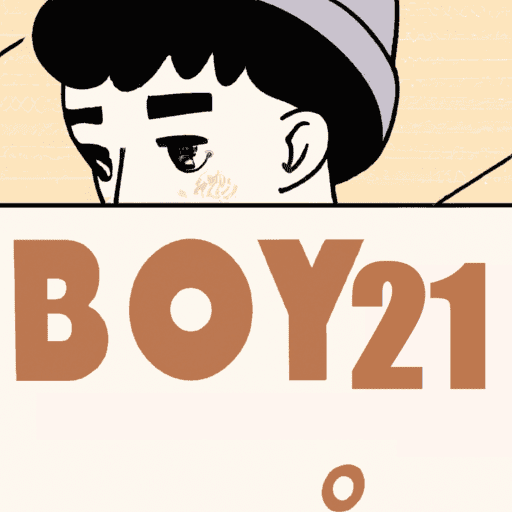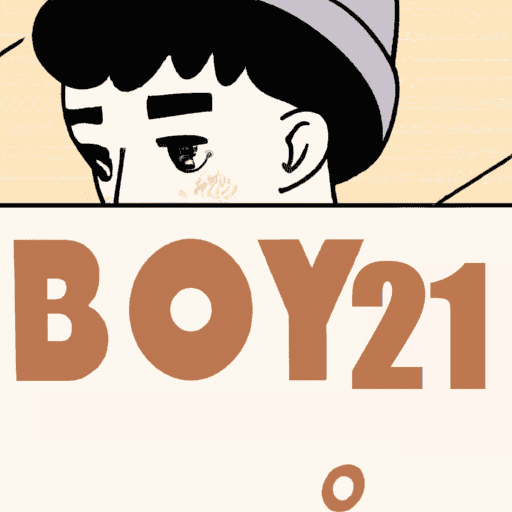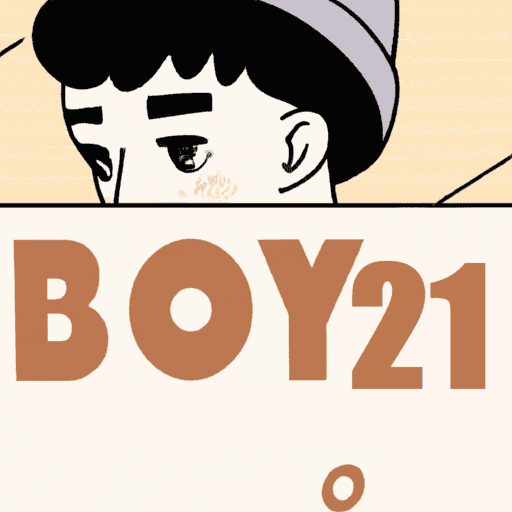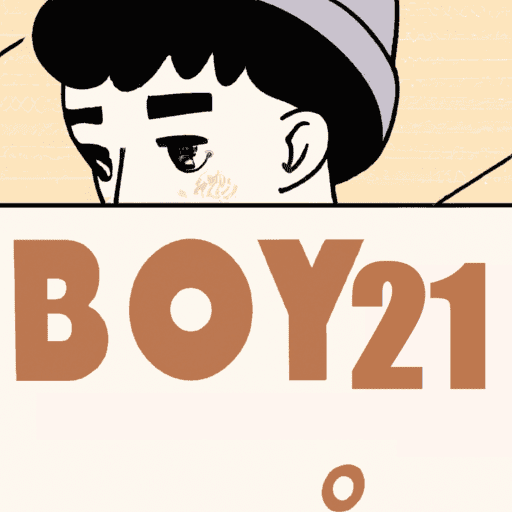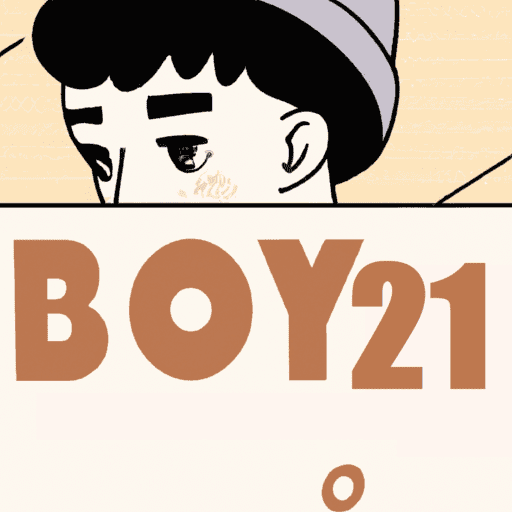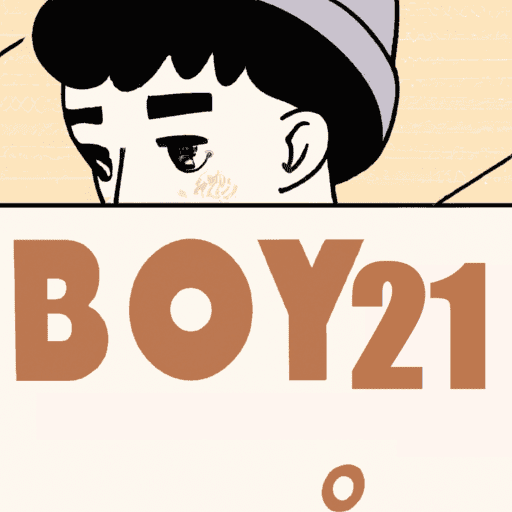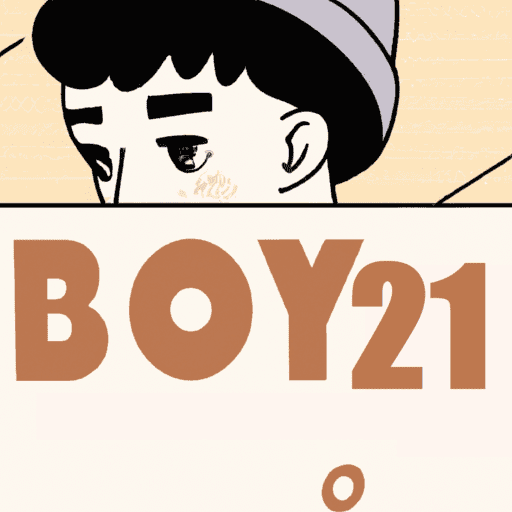
How does Russ's past trauma affect his present and his relationships with others?
Matthew Quick's novel Boy21 focuses on Finley, a high school junior coping with the tragic loss of his girlfriend Erin. But equally central to the narrative is the character of Russ, whose painful past continues to shape his present struggles to adjust to a new school and town. Having lost his parents to a brutal murder, Russ's unprocessed trauma complicates his efforts to connect with peers and forge an independent identity. An exploration of Russ's psyche and relationships offers insight into the lasting impacts of grief and violence.
A Speechless Witness: The Profound Trauma of Russ's Past
Russ arrives in town practically mute, unable to verbalize the horror of his parents' murder he witnessed firsthand. Quick depicts a child severed from normal social development, emotionally stunted by the most severe trauma imaginable. Russ's social awkwardness and withdrawal stem directly from his PTSD symptoms, which isolate him from relating normally to the world around him.
Only through Finley's patient friendship does Russ gradually reconnect with himself and others. On the basketball court he finds an outlet for his bottled up feelings, his raw talent shining through as repressed pain fuels competitive aggression. Basketball provides Russ catharsis, an acceptable venue to channel his anger. Quick poignantly illustrates Russ’s dependence on the sport to process enduring grief he struggles to communicate.
Finding Catharsis in Basketball: Russ's Path to Healing and Connection
With Finley, Russ discovers that opening up about past anguish can build intimate bonds rather than isolate him further. Their late night confessional talks become breakthrough moments for Russ in sharing vulnerability. Quick depicts how externalizing trauma begins Russ’s journey from victim to survivor, helping integrate his painful past into his present life. Forged through trauma’s shared catharsis, Russ and Finley’s friendship is deeply redemptive.
The Resilience of the Human Spirit: The Journey from Trauma to Hope
Matthew Quick's sensitive exploration of Russ's response to profound tragedy offers insight into the lasting impacts of PTSD. While Russ’s past continues to haunt his present, his bond with Finley through basketball offers hope for reclaiming his voice and purpose. Quick suggests that connection and understanding can redeem even the most wounded. Healing may come slowly, but Russ’s gradual emergence into friendship and acceptance poignantly illustrates the resilience of the human spirit.
